Dalma Wildlife Sanctuary, located in Jharkhand is a heaven for nature enthusiasts and wildlife lovers. Spanning approximately 835 square kilometres, this sanctuary is famous for its lush forests, rolling hills, rich biodiversity, and its population of elephants, which are often spotted roaming freely in their natural habitat. It is an ideal destination for those looking to explore nature, wildlife, and adventure. The sanctuary’s diverse ecosystems, including dense woodlands and open grasslands, offer visitors a chance to experience India’s wildlife up close. With its serene environment and abundant wildlife, this place is a perfect escape for those seeking adventure and tranquillity in nature.
Location
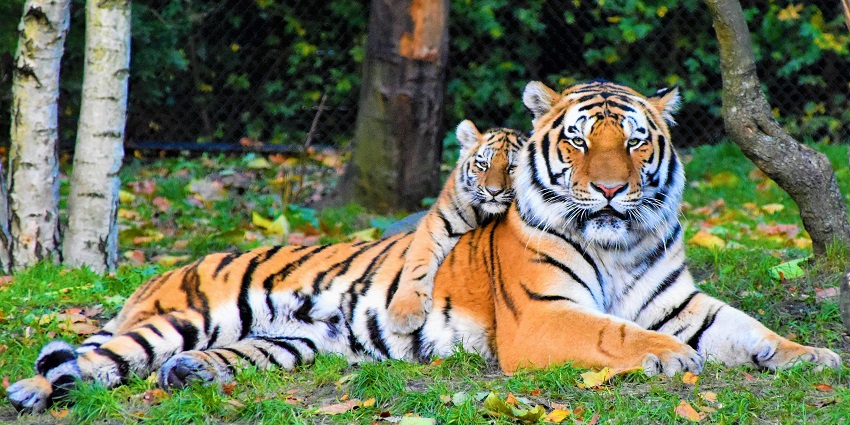
Photo: Waldemar / Pexels / Image For Representation Only
Situated in the East Singhbhum district of Jharkhand, approximately 30 kilometres from the city of Jamshedpur, this sanctuary is a must-visit. The Dalma Wildlife Sanctuary address is easily accessible by road from Jamshedpur and is well-connected to other major cities in Jharkhand. The location offers stunning views of the Dalma Hills, which form the backdrop of this lush green sanctuary. The terrain includes dense forests, open grasslands, and rocky outcrops, creating a picturesque setting for wildlife observation.
Suggested Read: List Of The Best Waterfalls In Jharkhand That You Must Visit Once
How To Reach
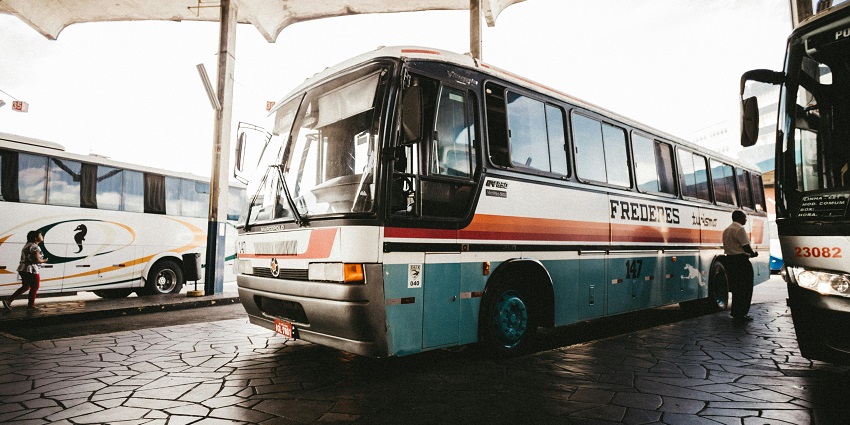
Photo: Jonathan Borba / Pexels / Image For Representation Only
By Air: The nearest airport is in Jamshedpur, about 30 kilometres away from the sanctuary. The airport is well-connected to major cities like Kolkata and Delhi.
By Road: Regular buses and taxis operate from Jamshedpur to the sanctuary. The road journey offers scenic views of the surrounding landscape.
By Train: Jamshedpur is the closest railway station, with frequent trains connecting it to major cities across India. Once you reach the station, you can hire a taxi or take a bus to get to the destination.
Things To Do At Dalma Wildlife Sanctuary
1. Wildlife Encounter
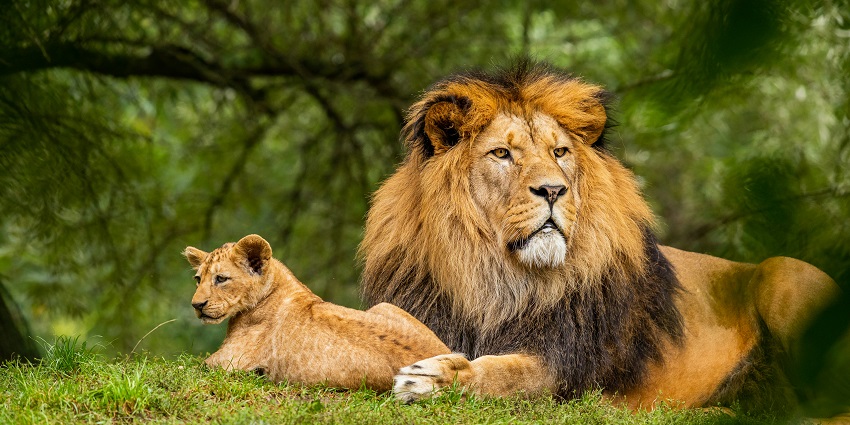
Photo: Zdeněk Macháček / Unsplash / Image For Representation Only
Dalma Wildlife Sanctuary is famous for its elephant population, with sightings being a highlight of any visit. Besides elephants, the sanctuary is home to various species such as leopards, sambar deer, and wild boar. Numerous trails and observation points offer excellent opportunities for spotting wildlife in their natural habitat. Early morning or late afternoon is the best time for encountering wildlife.
Suggested Read: Hill Stations Near Dhanbad That You Cannot Miss Out On
2. Nature Walks
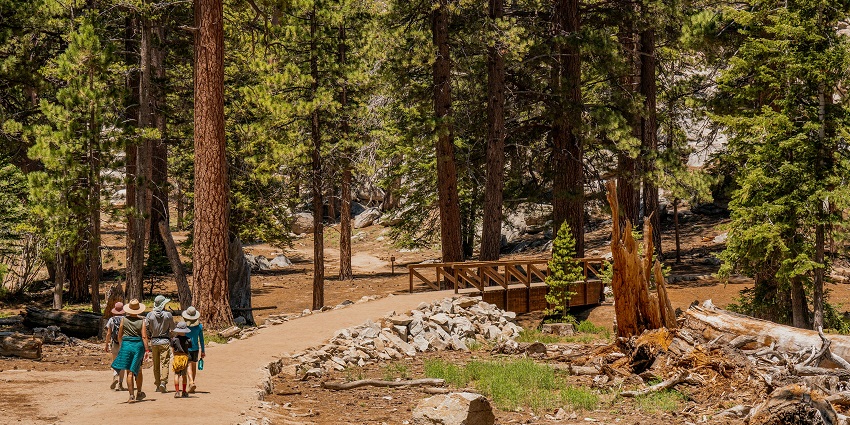
Photo: Mike Cox / Unsplash / Image For Representation Only
Explore the sanctuary’s diverse landscapes through guided nature walks. These walks allow visitors to immerse themselves in the dense forests and open grasslands while learning about the local flora and fauna from knowledgeable guides. The serene environment and rich biodiversity make these walks both educational and relaxing.
3. Photography
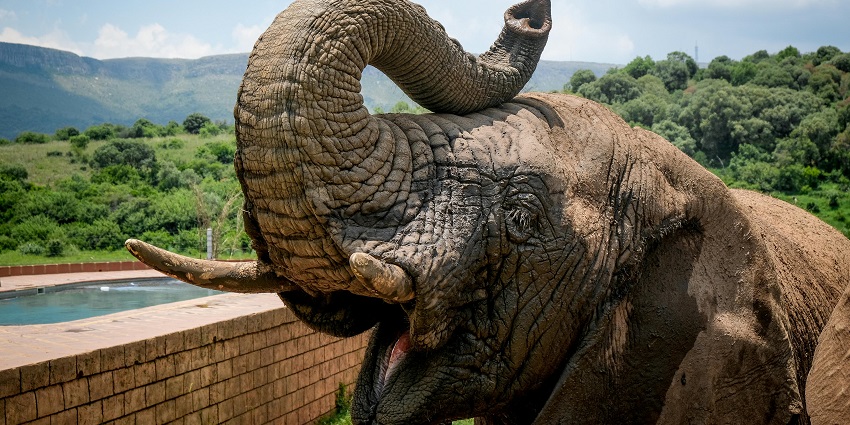
Photo: Magda Ehlers / Pexels / Image For Representation Only
Capture the beauty of the surroundings to keep Dalma Wildlife Sanctuary photos as memories with you, forever. The sanctuary offers stunning landscapes, vibrant wildlife, and picturesque views of the Dalma Hills. So, whether you’re photographing the majestic elephants or the lush greenery, the sanctuary provides ample opportunities for capturing memorable images.
Suggested Read: Water Parks In Ranchi
Places To Visit Around Dalma Wildlife Sanctuary
1. Jamshedpur
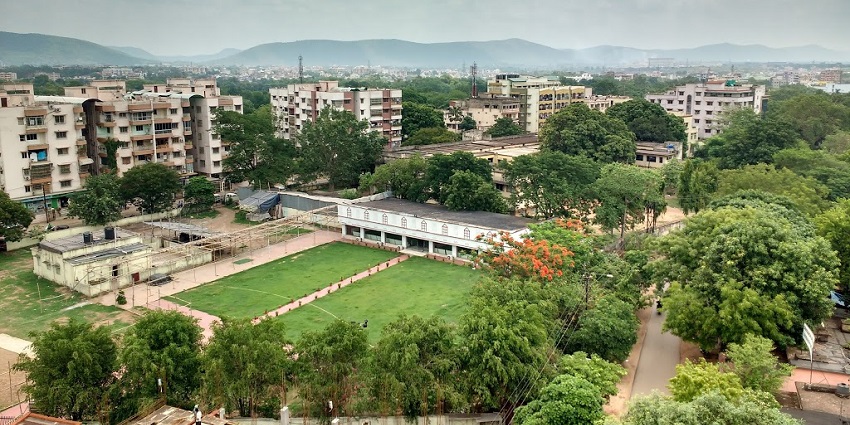
Photo: Shahbaz26 / Wikimedia Commons
Just 30 km from Dalma, Jamshedpur is a vibrant city famous for its blend of industrial progress and green spaces. Key attractions include Jubilee Park, a beautifully landscaped garden with numerous walking paths and fountains, and Tata Steel Zoological Park, which houses various animal species in a naturalistic setting. Dimna Lake, another highlight, offers a serene escape with options for boating and picnicking. The city’s modern amenities, shopping centres, and diverse dining options make it a convenient and enjoyable stop for visitors to the region.
Distance From The Sanctuary: 30 km
Best Time To Visit: October to March
2. Subarnarekha River
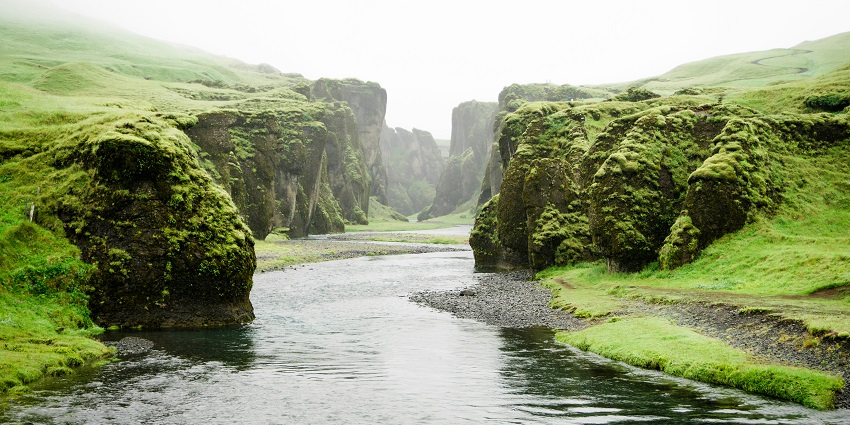
Photo: Martin Sanchez / Unsplash / Image For Representation Only
The Subarnarekha River meanders through the region, offering a picturesque and tranquil setting for relaxation and outdoor activities. Its clear waters and serene surroundings make it an ideal spot for leisurely picnics, fishing, and birdwatching. The riverbanks are perfect for unwinding after exploring the sanctuary, providing a peaceful environment where visitors can enjoy nature’s beauty. The scenic charm of the Subarnarekha River, coupled with its calm ambiance, makes it a favoured destination for those seeking a quiet retreat and a chance to connect with nature.
Distance From The Sanctuary: 50 km
Best Time To Visit: November to March
Suggested Read: Guide To Ormanjhi Zoo
3. Dimna Lake
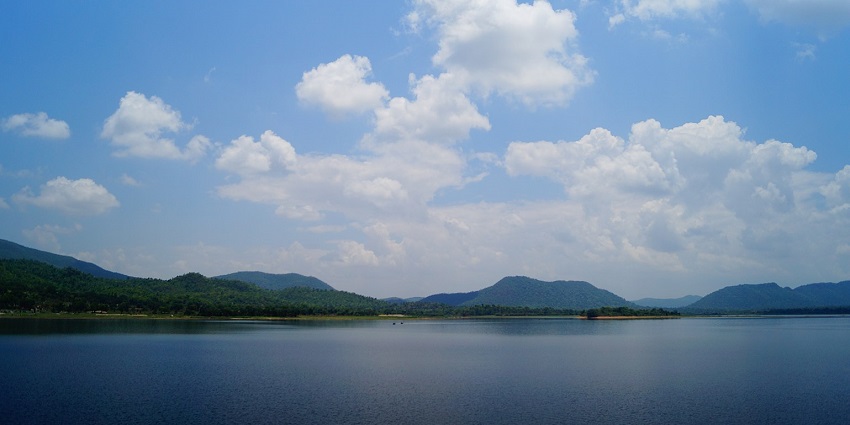
Photo: Aratrik Dasgupta / Wikimedia Commons
Dimna Lake is an artificial reservoir located at the foot of the Dalma Hills, about 13 km from Jamshedpur. It is a popular spot for picnics, boating, and nature walks. Surrounded by lush greenery, the lake provides a tranquil environment, ideal for a day of relaxation or adventure. The serene waters and the backdrop of the Dalma Hills make it a perfect spot for photography and enjoying the natural beauty of the region.
Distance From The Sanctuary: 43 km
Best Time To Visit: October to March
4. Chandil Dam
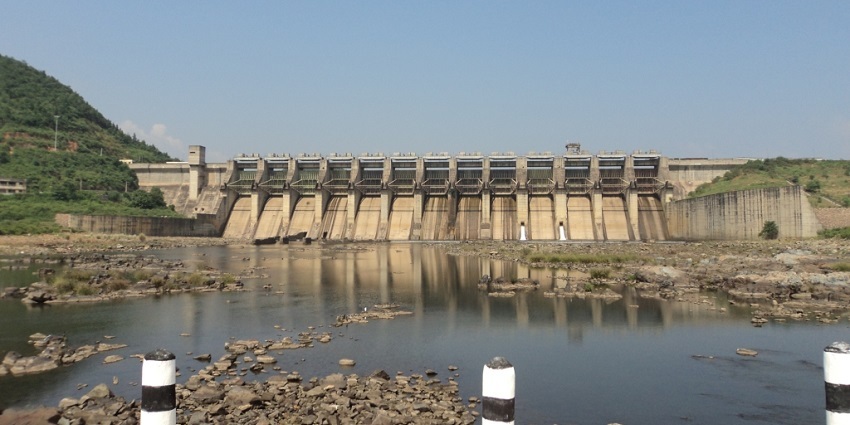
Photo: Anupmahato / Wikimedia Commons
Located about 35 km from the sanctuary, Chandil Dam is built on the Subarnarekha River and is a major attraction for tourists. The area around the dam is scenic, offering breathtaking views of the river and the surrounding hills. It is also a great spot for picnicking, fishing, and enjoying the peaceful surroundings. The dam’s museum, which showcases the history and culture of the area, adds to the attraction, making it a perfect day trip for visitors.
Distance From The Sanctuary: 35 km
Best Time To Visit: November to February
Suggested Read: Discover The Mystical Chinnamasta Temple In Jharkhand
Where To Stay
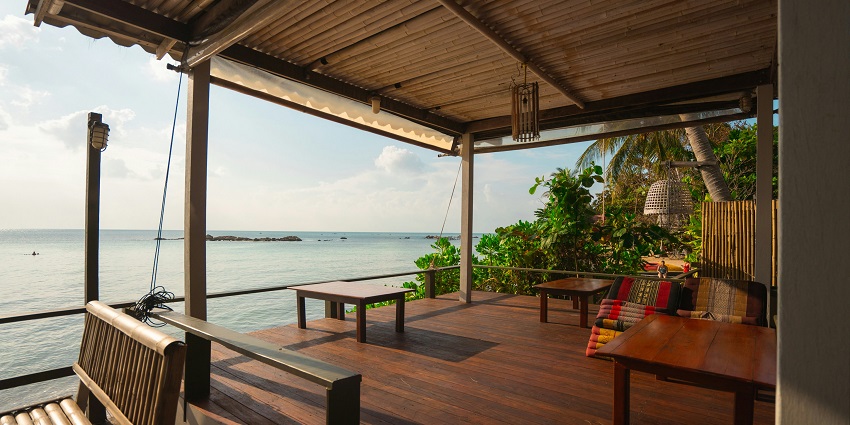
Photo: Sasha Kaunas / Unsplash / Image For Representation Only
Accommodation options near the sanctuary include government guesthouses, eco-lodges, and hotels in Jamshedpur. There are a range of options from budget to luxury stays, including hotels like the Radisson Blu and Ginger Hotel. Eco-lodges located closer to the sanctuary provide a more immersive nature experience. Government Guest Houses are basic but comfortable options available for booking through the forest department. Some of the other recommendations are: Hill View Resort, Dalmanchal, Hotel Jiva, and more.
Where To Eat

Photo: Harry Dona / Pexels / Image For Representation Only
Dining options available in Jamshedpur offer a range of cuisines from local Jharkhandi dishes to international fare. In and around the sanctuary, you may find small eateries and food stalls offering traditional snacks and meals. For more variety, several restaurants are within 10-20 km, including Eating House, The Cook, and Novelty Restaurant, each serving a mix of Indian and Chinese dishes. Besides that, you can also cherish a local meal at Equinox Restaurant, Hotel DS International, and more.
Suggested Read: Treat Your Taste Buds With Sumptuous Best Food In Ranchi
Best Time To Visit
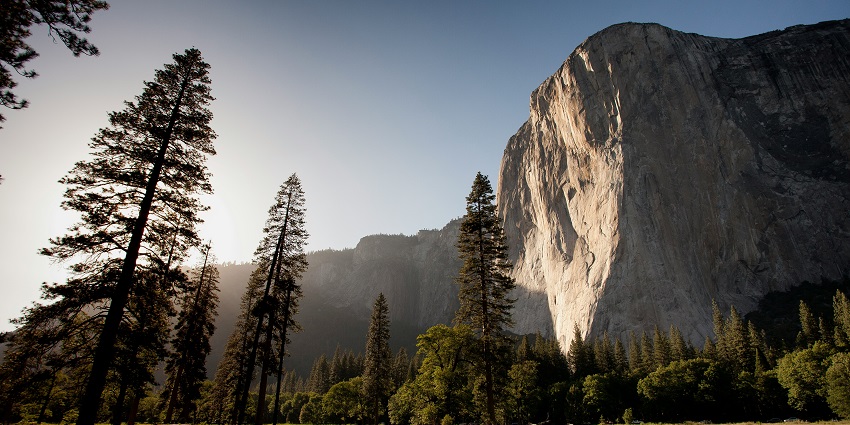
Photo: Joydeep 87 / Wikimedia Commons
The best time to visit the sanctuary is from October to March, when the weather is pleasant and ideal for outdoor activities. During this period, the temperature is moderate, and wildlife sightings are more frequent.
Other Factors To Consider

Photo: Timur Weber / Pexels / Image For Representation Only
Average Cost Of Trip
The accommodation cost near the sanctuary may range from ₹1,000 to ₹3,000 per night, while the food might cost you somewhere around ₹500 to ₹1,000 per day. Besides that, for transportation you need to pay somewhere between ₹1,000 to ₹2,500 along with an entry fee of ₹500 for the sanctuary. Thus, if you are planning to head to the sanctuary, your expenses may range from ₹3,000 to ₹7,000.
Tips For Travellers
- Visitors need to obtain a permit to enter the sanctuary, which can be arranged through the forest department or local tourism offices.
- Hiring a local guide is recommended for a more informative and enjoyable experience. Guides can provide insights into the wildlife, flora, and history of the sanctuary.
- Wear comfortable clothes and sturdy footwear to navigate through the forested areas.
- It’s also advisable to carry rain gear during the monsoon season.
- Do carry adequate cash as ATMs may be scarce in remote areas.
- Follow all park rules and regulations to ensure a safe and enjoyable visit.
Suggested Read: Tribal Research Institute And Museum
Dalma Wildlife Sanctuary is a treasure trove of natural beauty and wildlife, offering an enriching experience for all who visit. From its lush forests and rolling hills to its diverse wildlife, including the majestic elephants, the sanctuary promises a memorable escape into nature. So, whether you’re keen on wildlife observation, nature walks, or simply relaxing amidst serene landscapes, here is a perfect setting awaiting you. Book a deal with TripXL now, and get to embrace the ultimate tranquillity at this sanctuary.
Cover Photo: Photo: Daniel Romanson / Wikimedia Commons


 WhatsApp
WhatsApp
 Twitter
Twitter









